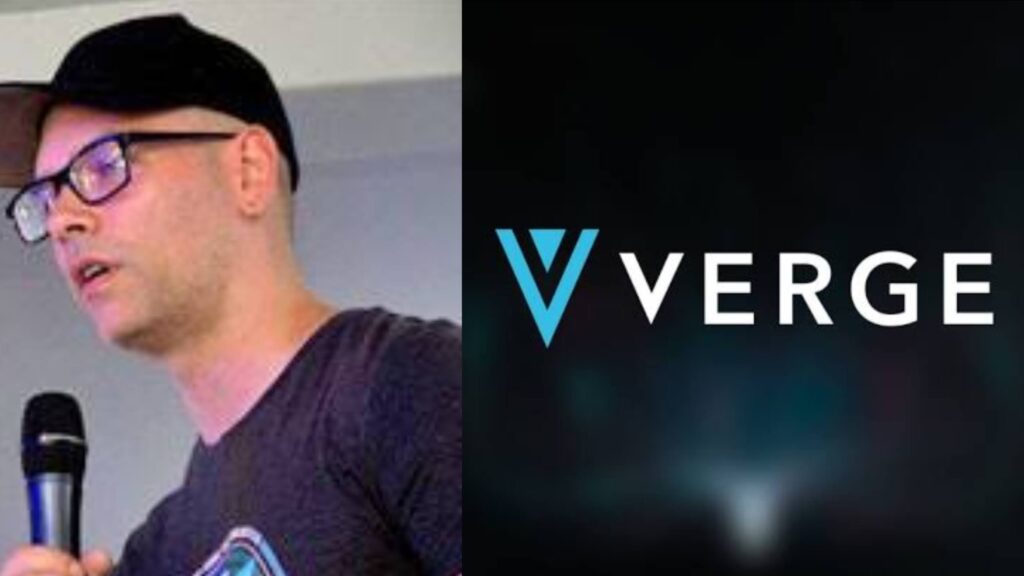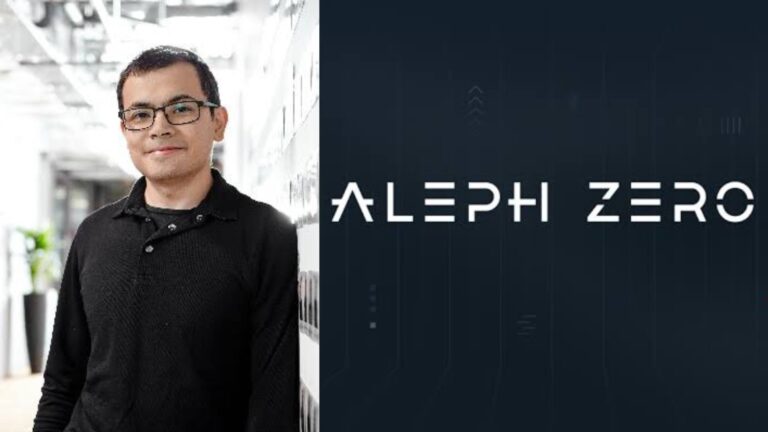Verge (XVG) Explained: Everything You Need to Know Before Investing – By Founder Justin Valo

Introduction to Verge (XVG)
Verge (XVG) is a privacy-focused cryptocurrency that aims to provide fast, decentralized, and anonymous transactions. Originally launched as DogeCoinDark in 2014, it was later rebranded to Verge in 2016. The project was founded by Justin Valo (also known as Sunerok), a blockchain developer with a background in network security and cryptography.
Verge sets itself apart from traditional cryptocurrencies like Bitcoin by focusing on user privacy and fast transactions through the integration of advanced anonymity-focused technologies.
Key Features of Verge (XVG)
1. Privacy and Anonymity
Verge uses Tor (The Onion Router) and I2P (Invisible Internet Project) to conceal user identities by masking IP addresses. Unlike other privacy coins that rely on complex cryptographic techniques like zero-knowledge proofs (ZKPs) or ring signatures, Verge enhances privacy by routing transactions through multiple encrypted layers.
2. Fast and Scalable Transactions
Verge is based on a Proof-of-Work (PoW) consensus mechanism and supports multiple mining algorithms, making it more accessible to miners. The network can process transactions in about 5 seconds, significantly faster than Bitcoin’s 10-minute block time.
3. Multi-Algorithm Mining
Verge supports five different mining algorithms (Scrypt, X17, Lyra2rev2, Myr-Groestl, and Blake2s). This multi-algorithm approach enhances network security and prevents mining centralization.
4. Low Transaction Fees
Verge transactions cost fractions of a cent, making it an attractive option for microtransactions, tipping, and cross-border payments.
5. Atomic Swaps and Smart Contracts
Verge is working on RSK (Rootstock) integration, which will allow smart contract functionality on its blockchain, expanding its use cases in decentralized applications (dApps) and DeFi.
How Verge (XVG) Works
Verge’s privacy is achieved through:
- Tor Integration: Ensures transactions are anonymized by routing them through the Tor network.
- I2P Integration: Adds an extra layer of security by encrypting user data across multiple nodes.
- Stealth Addressing: Generates one-time wallet addresses for transactions, ensuring enhanced privacy.
Unlike Monero or Zcash, Verge does not use on-chain privacy encryption, making it more efficient for real-world transactions while still maintaining user anonymity.
Verge (XVG) Tokenomics
- Total Supply: 16.5 billion XVG
- Circulating Supply: Approximately 16.5 billion XVG (as of 2025)
- Current Price: Varies based on market fluctuations (Check Live Price Here)
- Market Cap: Depends on real-time trading volume and market trends
Unlike Bitcoin, which has a fixed supply of 21 million coins, Verge has a larger supply to facilitate everyday transactions with minimal fees.
Use Cases of Verge (XVG)
1. E-commerce Payments
Verge is widely accepted by online merchants as a privacy-friendly payment method. Platforms like NetCents, Paycent, and Shopping.io support XVG transactions.
2. Privacy Transactions
Users who prioritize anonymity in their crypto transactions can use Verge instead of mainstream cryptocurrencies like Bitcoin or Ethereum.
3. Micropayments and Tipping
Verge’s low fees and fast transactions make it ideal for tipping creators, sending remittances, and small daily payments.
4. DeFi and Smart Contracts
With upcoming RSK integration, Verge plans to expand into DeFi and smart contract-based applications, increasing its utility beyond private transactions.
Advantages of Investing in Verge (XVG)
✅ Strong Privacy Features – Uses Tor and I2P to protect user identities.
✅ Fast Transactions – Transaction times are 5-10 seconds, much faster than Bitcoin.
✅ Low Fees – Verge charges less than $0.01 per transaction.
✅ Active Community – The Verge community actively contributes to its development and marketing.
✅ Multiple Mining Algorithms – Reduces the risk of 51% attacks and centralization.
Potential Risks of Investing in Verge (XVG)
❌ High Market Volatility – Like all cryptocurrencies, Verge experiences price fluctuations.
❌ Not 100% Private – Unlike Monero or Zcash, Verge does not use on-chain encryption, meaning transactions are pseudo-anonymous.
❌ Competition from Other Privacy Coins – Monero (XMR), Zcash (ZEC), and Dash (DASH) offer different privacy features that may attract privacy-focused users.
❌ Past Security Issues – Verge has suffered 51% attacks in the past due to mining vulnerabilities. However, network security has improved significantly since then.
Is Verge (XVG) a Good Investment?
Verge is a solid choice for investors who value privacy-focused cryptocurrencies with fast transactions and low fees. Its strong community, multi-algorithm mining, and upcoming smart contract support make it an interesting project in the crypto space.
However, investors should conduct thorough research, considering market trends, competition, and security risks before investing.
Conclusion
Verge (XVG) is a unique cryptocurrency that balances privacy, speed, and scalability. With its Tor and I2P integration, low-cost transactions, and active development, Verge remains a popular choice for users who value financial privacy.
While it has faced challenges in the past, its strong community support and ongoing upgrades make it a potential long-term investment.
Should you invest in Verge? If you believe in the importance of privacy-focused transactions and low-fee payments, then Verge (XVG) is worth considering in your crypto portfolio.
Frequently Asked Questions (FAQs)
🔹 Who is the founder of Verge (XVG)?
Justin Valo (Sunerok), a blockchain developer and privacy advocate, founded Verge in 2014.
🔹 How does Verge ensure privacy?
Verge uses Tor, I2P, and stealth addresses to anonymize transactions.
🔹 Is Verge better than Monero or Zcash?
Verge offers faster transactions and lower fees but does not provide full on-chain privacy like Monero.
🔹 Where can I buy Verge (XVG)?
You can buy XVG on major exchanges like Binance, Bittrex, and KuCoin.
🔹 Does Verge support smart contracts?
Not yet, but RSK integration is planned to bring smart contract functionality to Verge.






